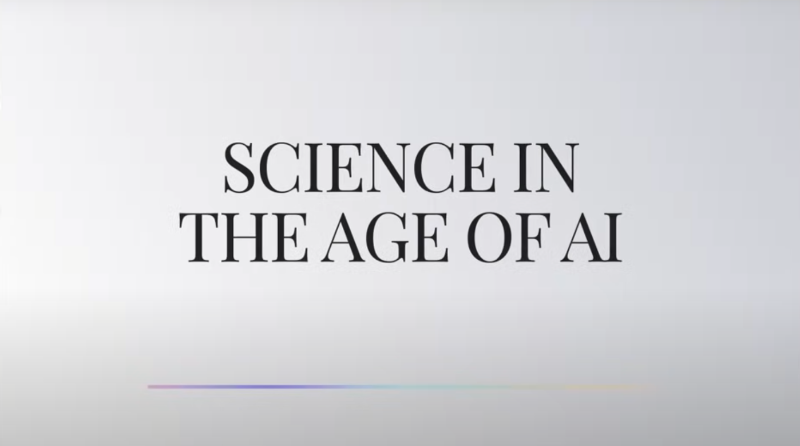by University of California, Los Angeles
Credit: Unsplash/CC0 Public Domain
A new UCLA Health study has found that women who perceive themselves to be lonely exhibited activity in regions of the brain associated with cravings and motivation towards eating especially when shown pictures of high calorie foods such as sugary foods. The same group of women also had unhealthy eating behaviors and poor mental health.
Arpana Gupta, Ph.D., a researcher and co-director of the UCLA Goodman-Luskin Microbiome Center, wanted to research the negative impacts of loneliness, especially as people continue to be working remotely after the COVID-19 pandemic, and how the brain interplays with social isolation, eating habits, and mental health.
While it is established that obesity is linked to depression and anxiety, and that binge-eating is understood to be a coping mechanism against loneliness, Gupta wanted to observe the brain pathways associated with these feelings and behaviors.
"Researching how the brain processes loneliness and how this is related to obesity and health outcomes hasn't been done," said Gupta, senior author of the paper, which is published in JAMA Network Open.
The researchers surveyed 93 women about their support system and their feelings of loneliness and isolation, then separated them into two groups: those who scored high on the perceived social isolation scale, and those who scored low.
The researchers found that women who had higher levels of social isolation tended to have higher fat mass, lower diet quality, greater cravings, reward-based eating, and uncontrolled eating, and increased levels of anxiety and depression.
The women were then shown pictures of food versus non-food, sweet food versus non-food and savory food versus non-food. MRI scans recorded the participants' brain activity while they viewed these images.
The researchers found that the group of women who perceived themselves to be lonely experienced increased activation in regions of the brain associated with a greater cravings to eat sugary foods, and decreased activation in the brain region associated with self-control towards eating behaviors.
"These findings are interesting because it provides evidence for what we intuitively know," Gupta said. "When people are alone or lonely, it impacts more than how they are feeling; they under-report what they eat, their desire to eat, and their cravings especially for unhealthy foods."
"If you have more cravings, you eat more and may have more anxiety or depression, which may lead you to eat more," Xiaobei Zhang, postdoctoral researcher and lead author stated, likening this pathway to a "vicious cycle between unhealthy eating and negative mental symptoms."
The researchers said holistic mind-body interventions may be a solution for breaking out of the cycle. Examples include being aware that you are lonely and, depending on the person, seeking connection with others or practicing self-compassion. Another suggestion is to make healthier food choices.
"Instead of grabbing that highly addictive, sweet, high calorie food that you're craving, maybe trying to go for healthy foods versus those bad foods," Gupta said.
Gupta's future research will focus on looking at other biological markers such as the metabolites, microbiome, and inflammatory signatures associated with loneliness.
More information: Social Isolation, Brain Food Cue Processing, Eating Behaviors, and Mental Health Symptoms, JAMA (2024). DOI: 10.1001/jamanetworkopen.2024.4855. jamanetwork.com/article.aspx?d … etworkopen.2024.4855
Journal information: Journal of the American Medical Association , JAMA Network Open
Provided by University of California, Los Angeles







Post comments